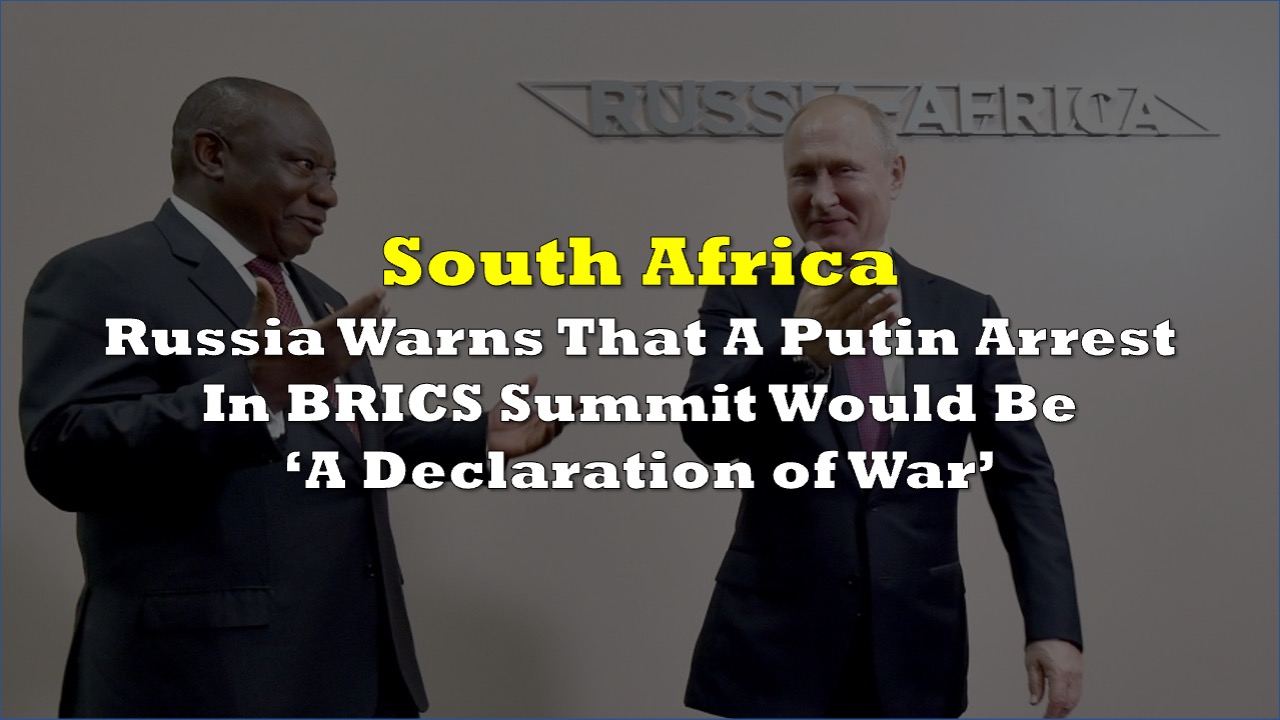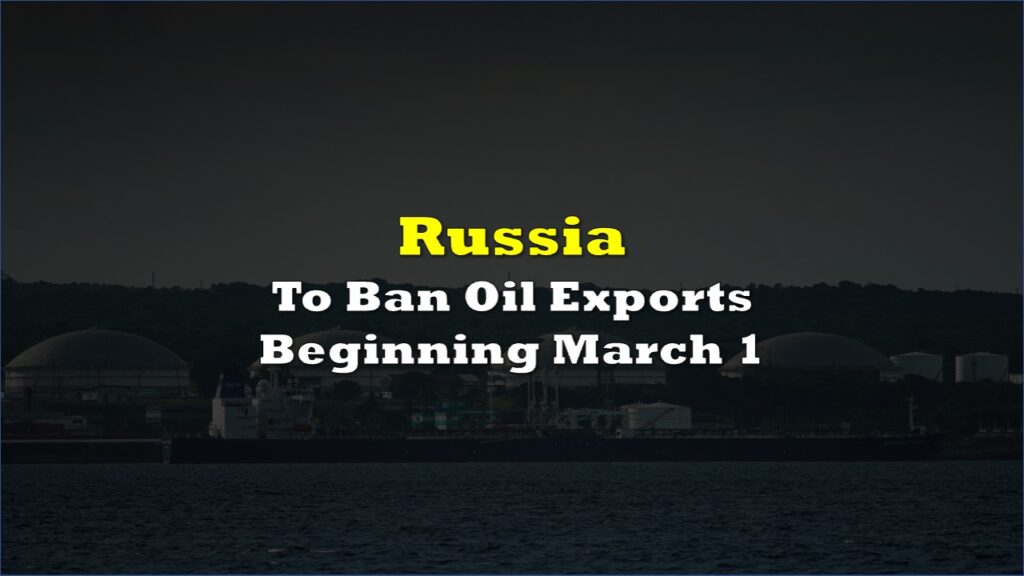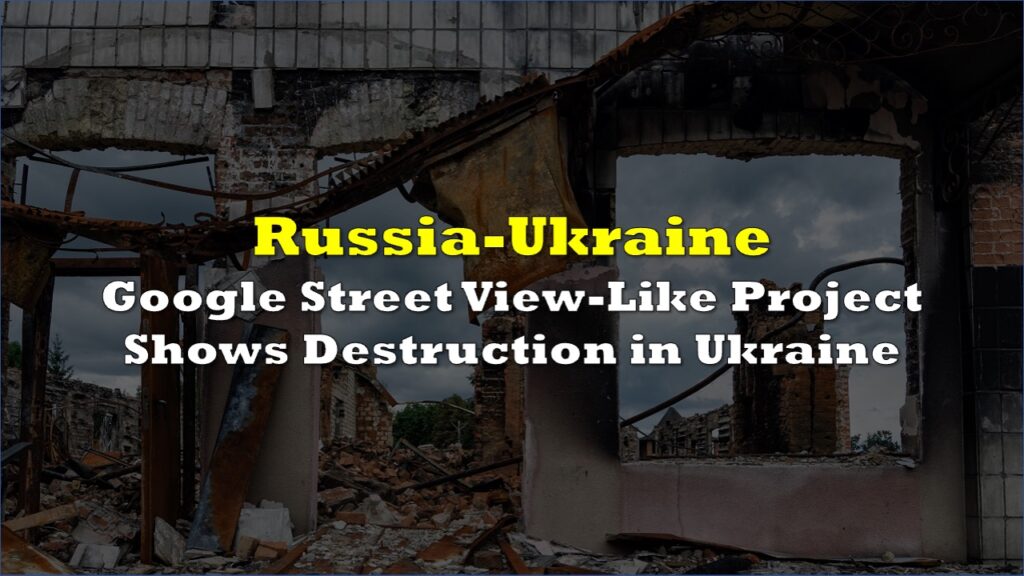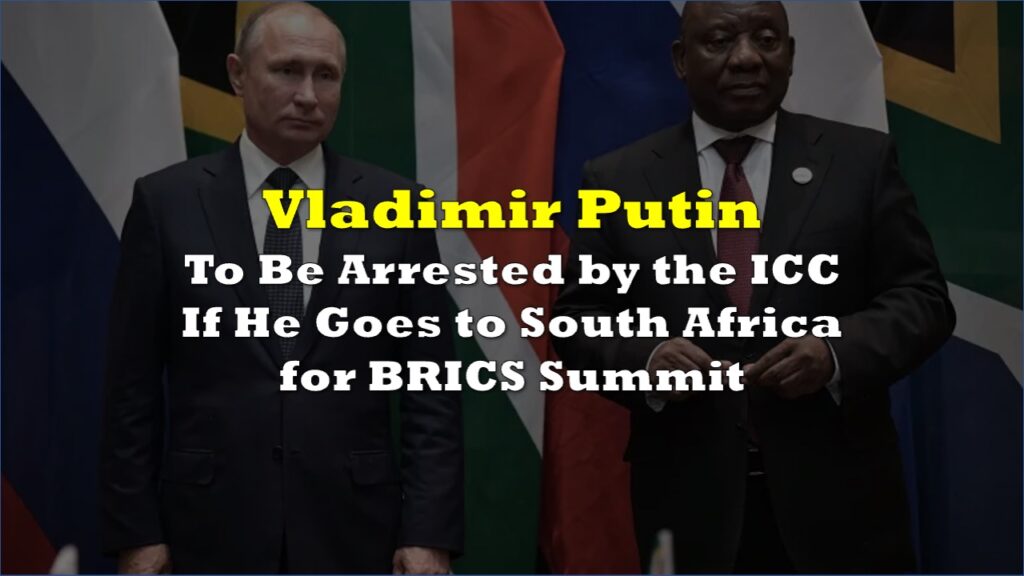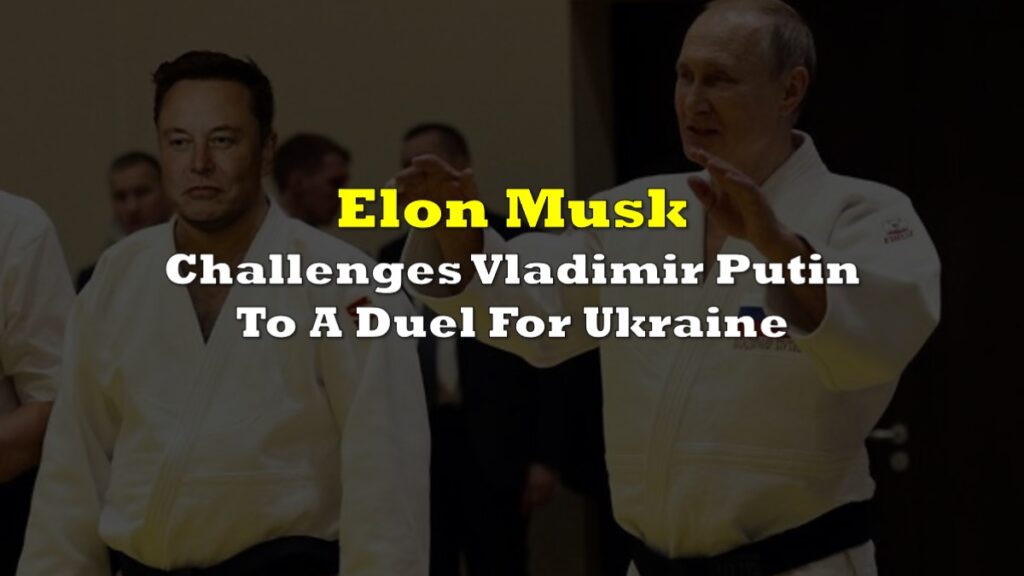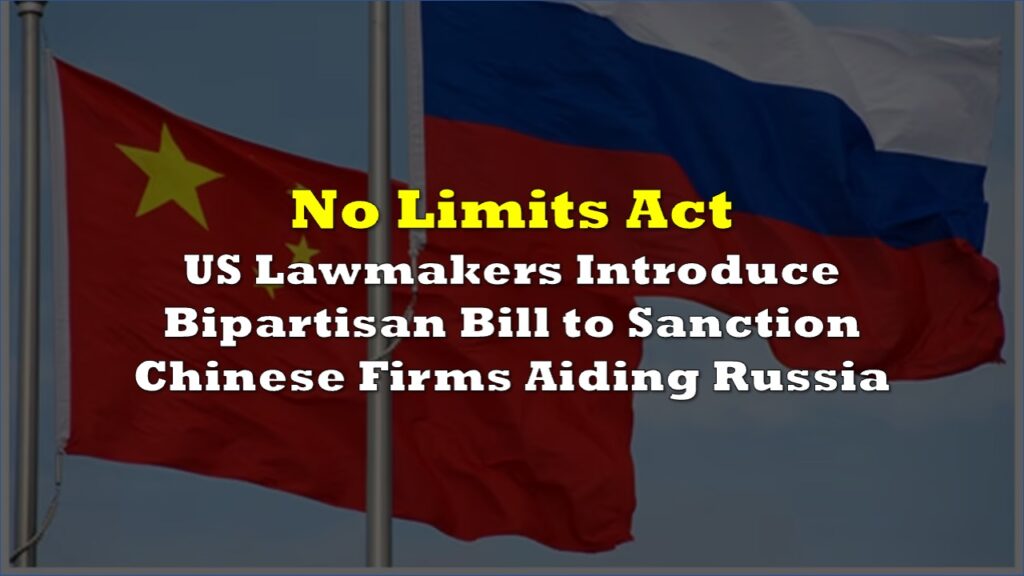South African President Cyril Ramaphosa has warned that any attempt to arrest Russian President Vladimir Putin during his upcoming visit to the country for a BRICS summit next month would be tantamount to declaring war with Russia.
The situation has sparked a diplomatic dilemma for South Africa, as it is a member of the International Criminal Court (ICC) and expected to implement arrest warrants issued by the court.
In court papers released on Tuesday, Ramaphosa argued that Russia has made it clear that arresting its sitting President would be considered a declaration of war. He described the opposition party, the Democratic Alliance (DA), which is seeking to force the government’s hand in arresting Putin and handing him over to the ICC, as “irresponsible.”
The President stressed that the nation’s security, peace, and order were at stake, and South Africa is seeking an exemption under ICC rules to avoid engaging in war with Russia, which would be inconsistent with their constitution and his duty to protect the country.
Julius Malema: South Africa Must Have Territorial/Diplomatic Immunity For #BRICS Conference, To Avoid Issues With Russia’s President Putin and ICC
— Mr. Tshweu (@TshweuMoleme) July 15, 2023
“Putin is not coming to South Africa. He’s coming to BRICS (Conference).” pic.twitter.com/DaGaF9pIQ8
Ramaphosa also pointed out that arresting Putin could undermine South Africa’s efforts to end the war in Ukraine and hinder any peaceful resolution. The ICC treaty requires member countries to consult the court if they face obstacles in executing arrest requests and may not proceed if the arrest would violate diplomatic immunity rules.
Pretoria has previously failed to honor an ICC arrest warrant against former Sudanese President Omar al-Bashir during a visit in 2015. The country argued for diplomatic immunity then, but the court rejected their arguments.
As the chair of the BRICS group, South Africa aims to maintain diplomatic relations with both the West and Russia. Putin is wanted by the ICC over accusations of Russia unlawfully deporting Ukrainian children.
The court ruling to make Ramaphosa’s affidavit public was praised by DA leader John Steenhuisen. He criticized Ramaphosa’s argument against arresting Putin as “farcical” and “flimsy” and emphasized the importance of government transparency in foreign policy decisions that could impact South Africa’s international reputation and economy.
BRICS is such a close knit alliance that the President of one member won't visit another in case they throw him in prison. https://t.co/eFS1Ky5wFl
— Kyle Glen (@KyleJGlen) July 19, 2023
Information for this story was found via the Financial Times, Reuters, and the sources and companies mentioned. The author has no securities or affiliations related to the organizations discussed. Not a recommendation to buy or sell. Always do additional research and consult a professional before purchasing a security. The author holds no licenses.

